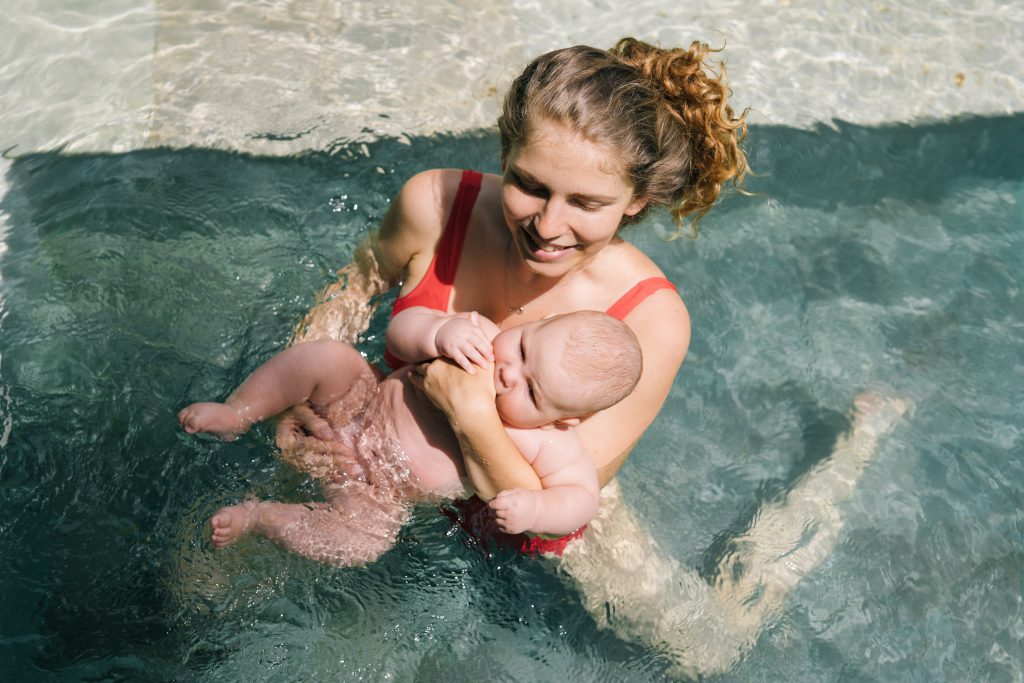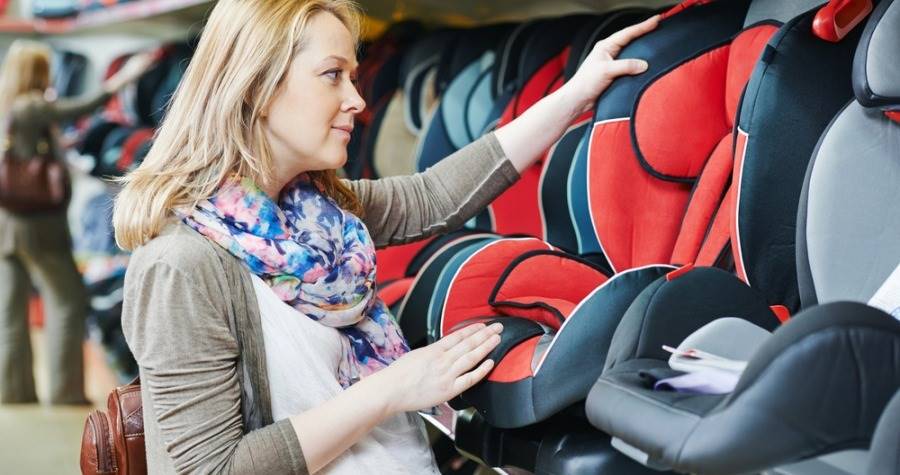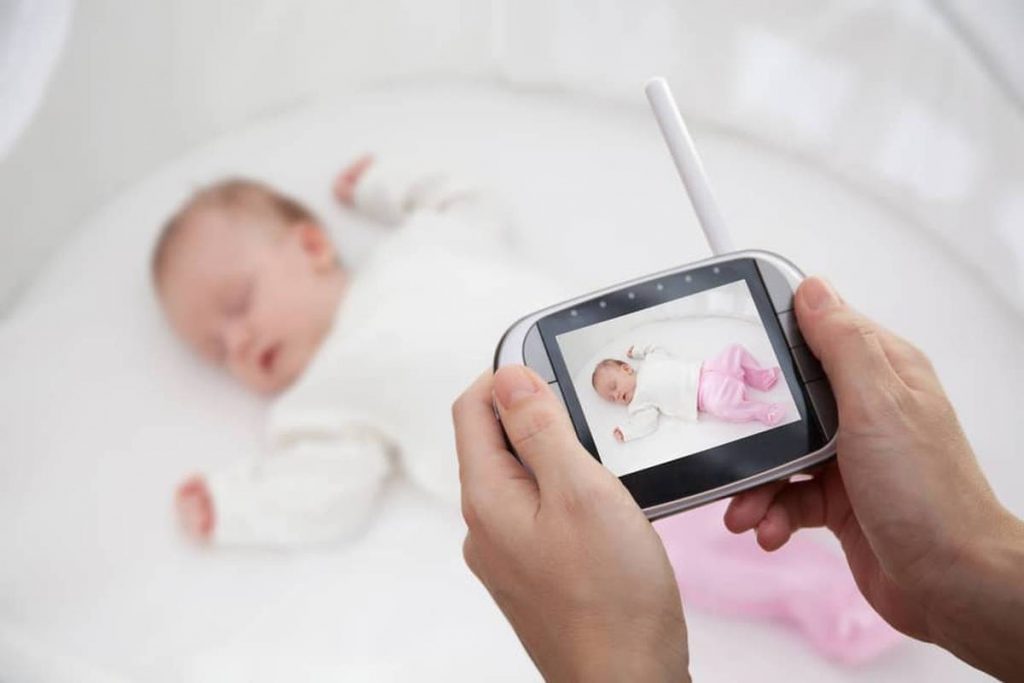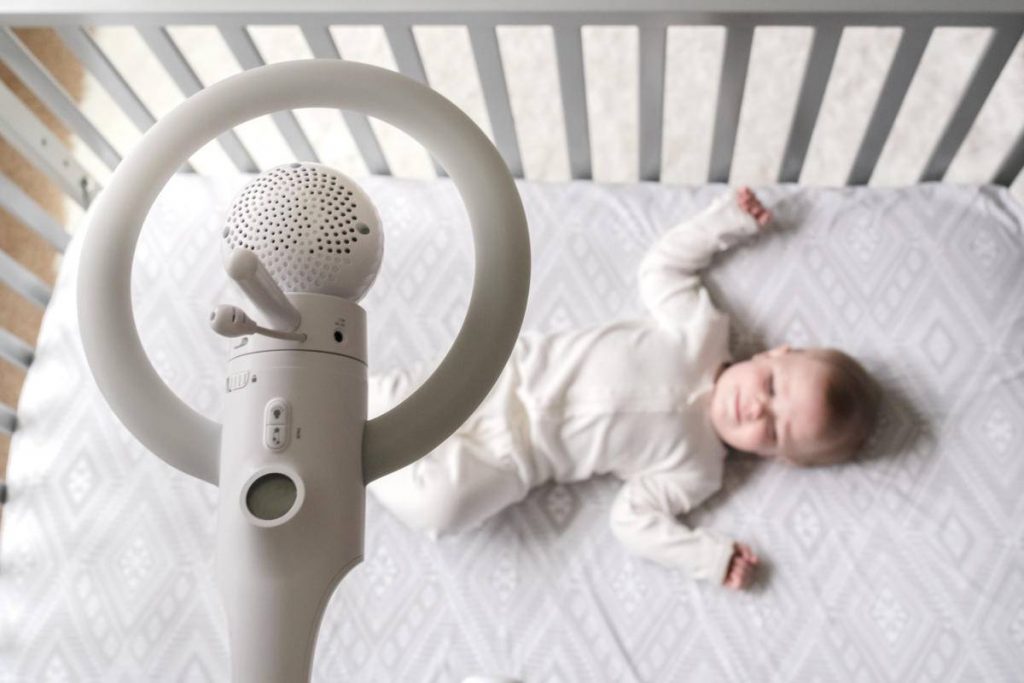It's common knowledge that swimming is beneficial to one's physical health. It keeps our blood pumping, increases our stamina, and strengthens our muscles. Plus, it keeps our kids moving so they can burn off some energy and get some rest, which benefits everyone. Did you realise, though, that there are many additional advantages to introducing your kid to swimming?
An infant's development can benefit greatly from early exposure to water. That's because everything we teach your kid in the pool is arranged to coincide with typical developmental benchmarks. Not only their physical abilities, but also their mental ones.
It may seem pointless to take your infant to the pool if they are still too young to walk. Splashing and floating around in the water, however, might have a number of advantages.
Your kid will develop billions of new neurones as he or she kicks, glides, and smashes at the water while in the water.
Medical professionals often advise against exposing infants to chlorine pools or lakes until they are at least six months old because of their immature immune systems.
You shouldn't hold off on introducing your kid to the water for too long, though. Children who don't learn to swim until they're older are more likely to have a negative attitude towards the activity. Floating on one's back is a technique that can be learned by almost any child; even very young infants often show less resistance to the concept as they become older.
Baby swimming has many advantages, despite being a new and perhaps scary experience for most parents.
In most cases, you may rest easy. Even newborns can learn to swim. Keep in mind that infants tend to get cold quickly, and plan accordingly.
For the most part, the minimum age to begin swimming classes is three months. However, before signing up, you should talk to your health visitor.
Don't forget that you can get your infant ready for the pool beforehand.
At home, you can introduce your infant to the sensation of water immersion and splashing by giving him or her a bath.
Looking for a baby high chair? Look no further. My Baby Nursery has you covered.
These Are The Potential Benefits Of Infant Swim Time.
Swimming Can Help With Cognitive Functioning.
Your baby's brain will develop more quickly if you engage in bilateral cross-patterning motions, in which you move from side to side.
Rewiring neurones in the corpus callosum is just one benefit of cross-patterning exercises for the brain. This allows for improved cross-hemispheric communication, feedback, and modulation. Perhaps in the future this will get better:
- academic learning
- reading skills
- spatial awareness
- language development
Your infant will move their arms and kick their legs as they swim. And because they're doing it in water, their brain is picking up on the tactile sensation of water and the resistance it offers. Additionally, swimming's cognitive enhancing properties are bolstered by the unique social experience it provides.
More than 7,000 kids were studied over the course of four years by researchers at Griffith University in Australia, and their findings revealed that young people who swim regularly show greater gains in both physical and cognitive development than their non-swimming peers.
Children aged 3 to 5 who participated in swimming lessons were found to have verbal skills 11 months ahead of the usual, mathematical skills 6 months ahead, and literacy skills 2 months ahead. In terms of remembering stories, they were 17 months ahead of schedule, and in terms of following orders, they were 20 months ahead.
The study's results, however, were merely suggestive, not definitive. The swim school business financed the research and used information from parents as its primary source. This possible advantage has to be investigated further and confirmed.
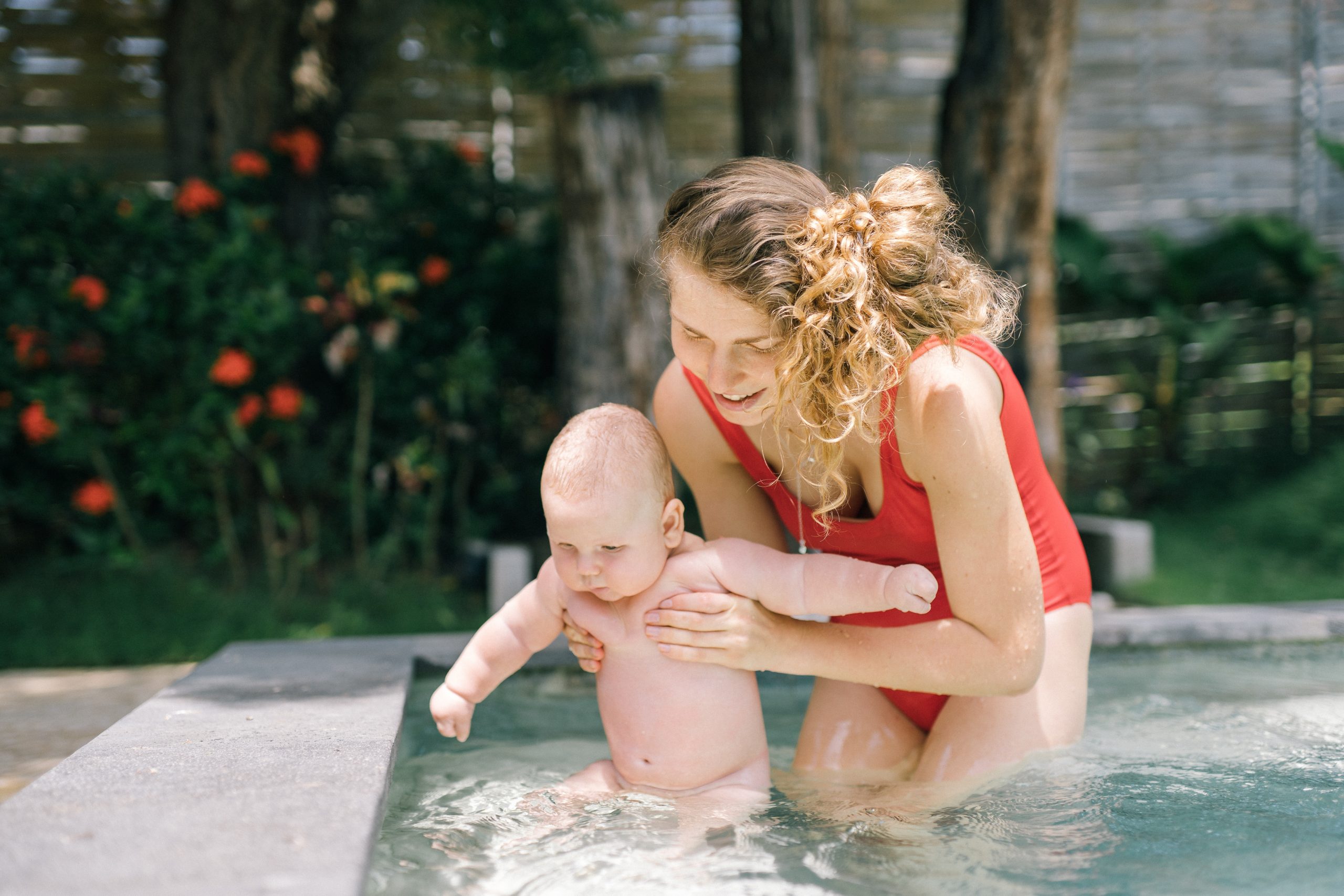
Swim Time May Reduction Drowning Risk
Children older than four who get regular swim lessons may have a lower risk of drowning. Children between the ages of 1 and 4 who swim may have a lower risk, although the data is inconclusive.
However, research shows that children younger than 1 who spend time in the water do not have a lower risk of drowning.
Drowning is a major killer of infants and young children, says the American Academy of Pediatrics (AAP). Children younger than four years old who drown account for the vast majority of drowning deaths in private pools. Early swim lessons can be beneficial if your home features a pool.
Swimming abilities, including floating on one's back, can be taught to infants as early as a few months. To be clear, this does not prevent drowning for newborns less than a year old.
Keep an eye on your kid no matter how many times they've taken swim class; even if they know how to swim, they still need to be watched.
Swimming May Help With Confidence
Infant courses typically incorporate activities like singing, dancing, and skin-to-skin contact with parents or other carers as well as the use of water play and other sensory toys. Children learn to communicate with one another and with the teacher as they develop their skills in group dynamics. Your infant's sense of self-worth may increase as a result of these factors and the enjoyment they derive from gaining a new skill.
A study conducted in 2010 found that 4-year-olds who had taken swim lessons between the ages of 2 months and 4 years were more confident, autonomous, and able to adapt to novel settings than their non-swimming peers.
An earlier study corroborated similar results by showing that a programme that includes early, year-round swimming training for preschool-age individuals was associated with:
- increased self-control
- a more intense desire to succeed
- improved self-esteem
- swimmers are more at ease in social circumstances than non-swimmers
Better Quality Time For Caregivers And Babies
Involving a parent in the water during swim time is a great way to spend quality time with each of your children, even if you have more than one. Professionals that teach swimming advise that taking lessons with your child is a great way to spend one-on-one time together because they are completely focused on the two of you for the duration of the class.
Builds Muscle
When babies start swimming at a young age, they gain a leg up on the competition when it comes to building and controlling their muscles. Young children need to strengthen the muscles that enable them to sit up straight, move their arms and legs, and engage their abdominals in a coordinated manner.
Swimming.org notes that in addition to the obvious external benefits of getting a baby's muscles and joints working, there are also internal benefits of introducing a baby to the water early on.
Your child's heart, brain, lungs, and blood vessels will all get a workout when they go for a swim.
Coordination And Balance Are Improved
Your infant's time in the pool will not only help them gain muscle, but will also benefit their development of coordination and balance. Getting such tiny limbs to work in unison is a challenge. Your baby's development will be reflected in even the smallest synchronised motions.
According to a reputable study from 2003, kids who take swimming lessons may develop better social skills. Children who take lessons may behave better in and out of the pool, but the study didn't explain why. One possible explanation is that youngsters are taught to pay attention to an adult instructor and obey their directions before entering the water.
Improves Sleeping Patterns
Babies, as we've discussed before, need a lot of energy for a dip in the pool. They have to exert themselves in order to keep warm because they are in an alien environment and must use their bodies in novel ways.
You may find that your child sleeps more after a swim session because all that extra exercise drains their energy. On the days that swimming is on the agenda, you might want to plan for a nap afterwards or get to bed earlier.
Improves Appetite
Swimming and playing on the beach or pool all day may make anyone, including infants, ravenous by the time you pack them up and head home. All that swimming around uses up a lot of calories, not to mention the resting metabolic rate of their little bodies. If you take your infant swimming on a regular basis, you may find that he or she starts eating more.
We have a wide range of nursery high chairs for your baby. Check them out here.
Can Newborn Babies Swim?
Babies as young as six months old can begin taking swimming lessons, which may come as a surprise to you. You might be wondering if infants can swim. You may be intrigued by the sight of babies in underwater photos and movies.
Babies as young as two months old might benefit from lessons in aquatic mobility and security. At first, they'll focus on developing closeness with a parent while also discovering the joys of swimming. Starting there, they'll acquire the skills necessary to back float, which is not a skill that's naturally present in babies. They can go swimming right away, all they need are diapers.
There are two reflexes that infants have that can give the illusion that they are already proficient swimmers. If you take your newborn baby underwater, they will automatically hold their breath due to the diving reflex. This reaction is only visible in infants under six months old, making its appearance in younger infants all the more astonishing.
The second reflex is the swimming reflex. Put a baby in the water belly up, and they'll make arm movements that look somewhat like swimming. This reflex, too, will begin to fade after about six months after birth.
Your child will be able to begin taking part in swim classes in Phoenix as early as six months of age. During these lessons, they will be introduced to infant learning activities, back floats, and rollovers. What an incredible thought! They are used to the water now and will enjoy the sensations of movement all around them.
Expect to have a good time in the pool with your young ones, since babies this age can swim alongside you. Every child develops at their own pace, just as the time it takes them to crawl and walk varies from one to the next. There are a variety of beginner swimming courses to choose from. Your infant will develop essential water safety skills during this time.
Having a baby means spending a lot of time in the pool, where you may both develop your skills together. Most kids enjoy getting in the tub, and the pool provides a similar, soothing setting. It's simple to instruct kids in swimming techniques, body positioning, and other aquatic safety measures while the water is nice and warm.
Although infants and babies won't be able to swim the breaststroke or the freestyle just yet, they will be able to digest the information presented in baby learning games as they develop over the course of a year. Amazingly, youngsters can learn a great deal, and the ways in which they learn can have a significant impact on their future growth and development.
FAQs About Baby Swimming
According to some studies, the period between the ages of one and four is optimal for teaching a kid the fundamentals of swimming. But on the other hand, it offers Parent and Child Lessons for children aged six months to three years old so they can enjoy being in the water and become accustomed to it.
Keeping Baby Safe and Comfortable in the Water
When babies have not yet reached their first birthday, the maximum time they should spend in the water is 30 minutes. It will help to keep your infant warm if you submerge them up to their shoulders in water. Then, keep the infant moving through the water by moving them around gently while keeping them close to your body.
Medical professionals often recommend that parents keep their infants away from chlorinated pools until they are approximately six months old. This is because infants' immune systems are still developing and can be easily compromised.
In addition, because of the damaging effects of chlorine on the sensitive skin and hair of infants and children, swimming may not always be an enjoyable experience for these age groups.
Babies often have delicate skin that is far more delicate and thinner than adults. As a consequence of this, individuals may be more prone to experiencing irritation. In addition, the natural oils from the skin and hair can be stripped away by chlorinated water, leaving the skin dry and the hair brittle.
Four tips for baby swimming skincare
- Gently rinse the baby before swimming.
- Massage in moisturiser before swimming.
- Rinse after swimming using baby shampoo.
- Apply lotion before dressing the baby.
Benefits Of Beginning Baby Swimming
The benefits of swimming for babies are long-lasting. It can be difficult for parents to decide how early in life to introduce their infant to the water, yet doing so has incredible benefits. Here are the top ten reasons why your baby should begin swimming lessons as soon as possible.
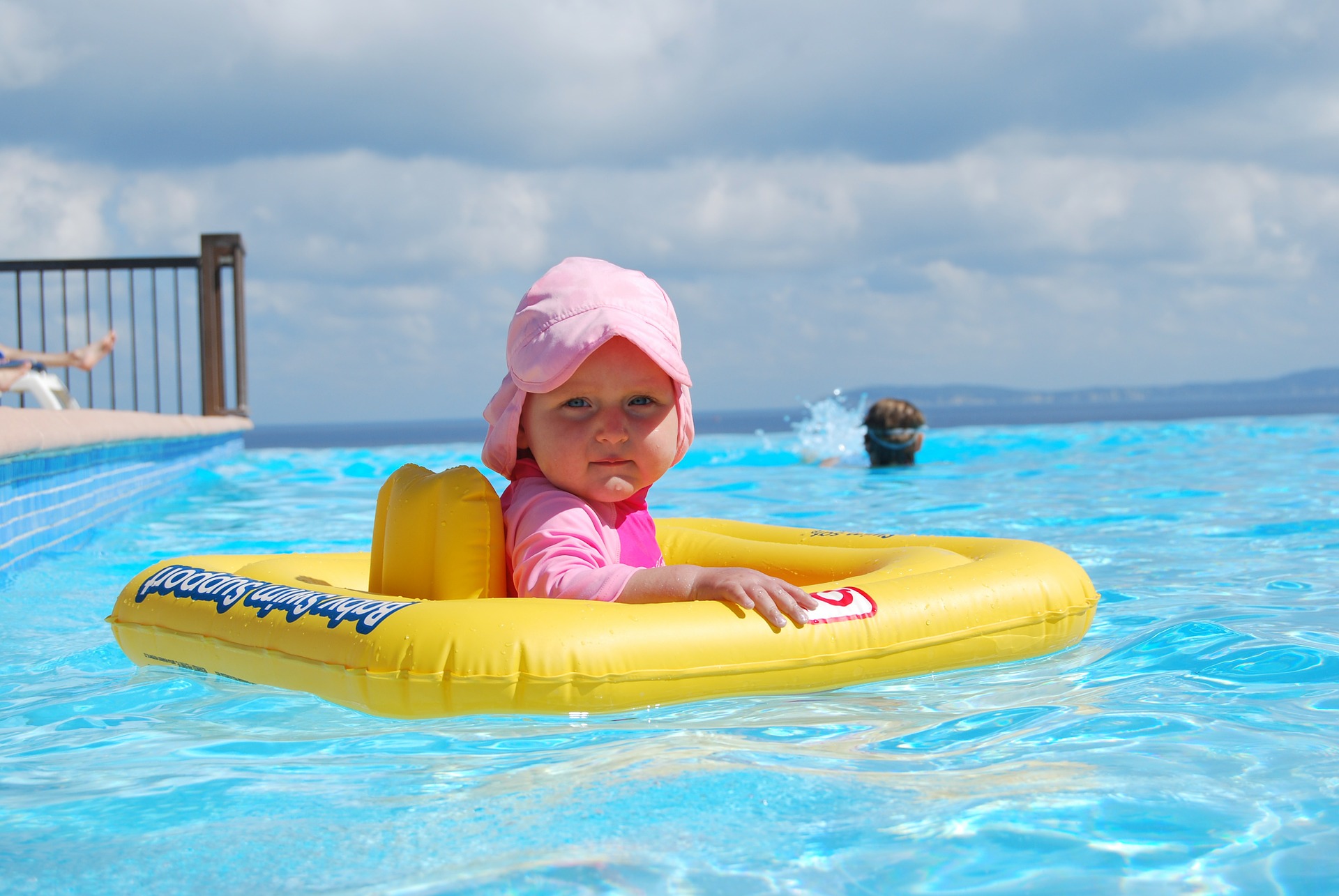
- All newborns have the innate ability to kick. Be careful to take your baby swimming before he or she turns six months old and loses the ability to use this remarkable reflex.
- Swimming is a low-impact activity that stimulates muscle, lung, and heart growth in infants.
- Swimming lessons for infants can help them develop healthy habits including greater coordination, hand-eye coordination, and motor skills.
- Learning to swim is a great way to sharpen your mind. Infants who begin swimming lessons before their peers can expect to be up to 15 months ahead of their contemporaries in these areas by the time they enter formal education.
- As part of a healthy lifestyle, swimming is a fun activity for the whole family. In light of the alarming rise in childhood obesity, it's crucial that children learn to adopt healthful routines from an early age.
- Exercising can help tired parents refresh their minds. Walk laps around the pool for a cardio boost, or float your infant safely in a SWIM TRAINER classic as you swim laps at her side.
- You can give your full attention to your child in the pool because there are no other distractions. Get in plenty of skin-to-skin contact, cuddles, and splashes to make the most of those priceless bonding moments.
- Your infant will benefit from gentle exercise by eating more and sleeping for longer. What else can we say?
- Praise your youngster lavishly as they learn to swim; it will do wonders for their confidence.
- Death by drowning is a common cause of death in Australia. Teaching your kid to swim at an early age will help them develop a healthy respect for water and its dangers.
You may teach your infant to swim in a variety of methods. When your child takes formal swimming classes, you'll have the opportunity to meet other parents. Instructive videos on how to teach a baby to swim are available online. Babies as young as 3 months can practise their kicking techniques with the help of the SWIM TRAINER "Classic," a floating aid that positions them in the proper swimming position. In any case, you should take advantage of the precious time you have while watching your kid have fun in the water. Mastering the art of swimming is a rewarding experience.
Safety Tips
Never leave a newborn or infant unattended in a tub, pool, or other body of water. Remember that 1 inch of water is enough for a child to drown.
Touch supervision is recommended for youngsters younger than four years old. That implies there should always be an adult within touching distance.
Some additional safety considerations to make when your child is near water are as follows:
- Keep an eye out for anything that could hold water, such as a watering can, a bathtub, a pond, or a fountain.
- When taking a youngster swimming, you should always have an adult around to keep an eye on them.
- No sprinting or forcing others underwater should be among the pool's safety guidelines.
- When boating, always wear a life vest. The use of air mattresses or other inflatables as a makeshift life vest is strictly forbidden.
- If your pool has a cover, take it off entirely before getting in.
- If you're in charge of overseeing kids while they swim, don't drink alcohol and don't have any distractions going (such as a phone, computer, etc.).
Signs Of Drowning
The AAP provides specific recommendations for recognising and responding to indicators of impending drowning. If someone is in risk of drowning, they may show signs like:
- The head is submerged, and the mouth is at water level.
- The mouth is gaping and the head is leant back.
- Glassy, vacant, or shuttered eyes
- gasping or hyperventilating
- attempting to swim or roll over
Babies Swimming Clothes
You'll need the following items before taking your infant to the pool:
- a towel
- nappy bag
- change mat
- swim diapers (take some spare)
- a snack or a bottle for later
It is important to cover your infant with UV-protective gear before taking him or her swimming outside.
Safety Precautions
Babies and small children face many dangers when they are near water. A depth of only 5 centimetres is sufficient to cause infant death by drowning. Keep children of any age far away from water at all times. If you plan on taking your baby swimming, you should know how to do cardiopulmonary resuscitation (CPR). Doing a first aid course will teach you this.
Australian law requires that any pool or spa be fenced in accordance with this standard.
Use caution while using rubber rings or other floating devices, as they may cause the baby to roll over, putting their head under water.
Lack of sufficient water treatment might cause illness in infants due to the presence of germs and viruses. It's best to wear swim diapers and keep them out of the water if they have diarrhoea, as well as to make sure they don't swallow any water.
My Baby Nursery has the best range of high chairs for your baby. Check them out here.
Conclusion
Water helps infants grow and develop. Children who learn to swim later are more prone to dislike the water. Most kids can learn to float back. According to the American Academy of Pediatrics, babies and young children drown most often. Swimming may reduce cancer risk in 1- to 4-year-olds.
Start your child's swimming lessons right away if you have a pool. Swimming.org can help you introduce your baby to water. Six-month-olds benefit from swimming lessons. Swimming lessons make kids more polite and hungry. If you have a kid, you'll spend a lot of time in the pool. Learn to swim together.
Your infant will learn to swim safely. Children learn a lot, and how they learn affects their development. Swimming classes increase motor, hand-eye, and general coordination in infants. Swimming lessons as toddlers put babies 15 months ahead of kindergarten. However, even 1 inch of water can kill a newborn or infant.
The pool requires a towel, change mat, snack, and swim diapers. A toddler can drown in 5 cm. First-aid training teaches CPR (CPR).
Content Summary
- It's common knowledge that swimming is beneficial to one's physical health.
- An infant's development can benefit greatly from early exposure to water.
- That's because everything we teach your kid in the pool is arranged to coincide with typical developmental benchmarks.
- However, splashing and floating around in the water has several advantages.
- It would help if you didn't hold off on introducing your kid to the water for too long.
- Even newborns can learn to swim.
- Remember that you can get your infant ready for the pool beforehand.
- You can introduce your infant to the sensation of water immersion and splashing at home by bathing them.
- Your baby's brain will develop more quickly if you move from side to side in bilateral cross-patterning motions.
- Rewiring neurones in the corpus callosum is just one benefit of cross-patterning exercises for the brain.
- Additionally, swimming's cognitive enhancing properties are bolstered by the unique social experience it provides.
- More than 7,000 kids were studied over four years by researchers at Griffith University in Australia, and their findings revealed that young people who swim regularly show greater gains in both physical and cognitive development than their non-swimming peers.
- Children aged 3 to 5 who participated in swimming lessons were found to have verbal skills 11 months ahead of the usual, mathematical skills six months ahead, and literacy skills two months ahead.
- Children older than four who get regular swim lessons may have a lower risk of drowning.
- Children between the ages of 1 and 4 who swim may have a lower risk, although the data is inconclusive.
- However, research shows that children younger than one who spends time in the water do not have a lower risk of drowning.
- Drowning is a major killer of infants and young children, says the American Academy of Pediatrics (AAP).
- Children younger than four who drown account for most drowning deaths in private pools.
- Swimming.org notes that in addition to the obvious external benefits of getting a baby's muscles and joints working, there are also internal benefits of introducing a baby to the water early on.
- Your infant's time in the pool will help them gain muscle and benefit their development of coordination and balance.
- According to a reputable study from 2003, kids who take swimming lessons may develop better social skills.
- As we've discussed before, babies need a lot of energy for a dip in the pool.
- Babies as young as six months old can begin taking swimming lessons, which may surprise you.
- At first, they'll focus on developing closeness with a parent while also discovering the joys of swimming.
- Your child will be able to begin taking part in swim classes in Phoenix as early as six months of age.
- Expect a good time in the pool with your young ones since babies this age can swim alongside you.
- Your infant will develop essential water safety skills during this time.
- Amazingly, youngsters can learn a great deal, and how they learn can significantly impact their future growth and development.
- Here are the top ten reasons your baby should begin swimming lessons as soon as possible.
- As part of a healthy lifestyle, swimming is a fun activity for the whole family.
- Teaching your kid to swim early will help them develop a healthy respect for water and its dangers.
- In any case, you should take advantage of your precious time while watching your kid have fun in the water.
- Mastering the art of swimming is a rewarding experience.
- Never leave a newborn or infant unattended in a tub, pool, or other body of water.
- Remember that 1 inch of water is enough for a child to drown.
- When your child is near water, some additional safety considerations are: Keep an eye out for anything that could hold water, such as a watering can, a bathtub, a pond, or a fountain.
- When taking a youngster swimming, you should always have an adult around to watch them.
- No sprinting or forcing others underwater should be among the pool's safety guidelines.
- The AAP provides specific recommendations for recognising and responding to indicators of impending drowning.
- If someone is at risk of drowning, they may show signs like:
- Glassy, vacant, or shuttered eyes gasping or hyperventilating, attempting to swim or roll over. You'll need the following items before taking your infant to the pool: a towel, nappy bag, change mat, swim diapers (take some spare), and a snack or a bottle for later. It is important to cover your infant with UV-protective gear before taking them swimming outside.
- Keep children of any age far away from water at all times.
- If you plan on taking your baby swimming, you should know how to do cardiopulmonary resuscitation (CPR).
- It's best to wear swim diapers and keep them out of the water if they have diarrhoea, and ensure they don't swallow any water.
